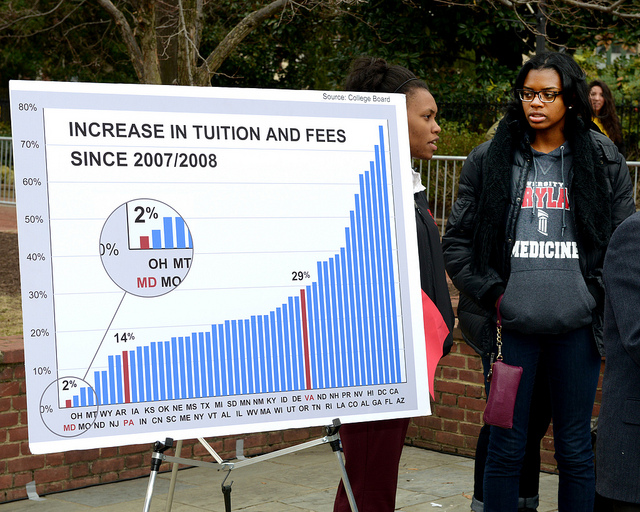Vassar College is making headlines for recruiting low income students.
This is critical—given the current economic prospects, the idea of college has become insurmountable to many students. Tuition alone, excluding room and board, averages $32,000 a year. This means that the average low-income student will find themselves in roughly $200,000 of debt after their four-year university experience.
Although this figure doesn’t take into account scholarships and grants, starting a professional life with close to $200,000 of loans is simply unforgivable.
I spoke last week about Stanford and it’s tremendous strides towards inclusion and equity. Vassar by actively recruiting low income students is joining in the quest to aid economically disenfranchised students. Winning the Prize for Equity in Educational Excellence from the Jack Kent Cooke Foundation, Vassar College’s commitment to economic diversity is an incredible one.
Nearly a quarter of Vassar first-year students are eligible for the Pell Grant which is reserved for students coming from household earning less than $40,000 a year.
The director of the foundation, Harold Levy, said, “We wanted to incentivize good behavior, and we wanted to ensure that high-performing, low-income kids who need help in colleges get it.”
After taking other scholarships and grants into account, the average annual cost of attending Vassar for lower-income students is about $6,000. And students can cover much of that cost through campus jobs and loans.
Dr. Catherine Hill, who also happens to be higher educational economist and the president of Vassar College said,
“Currently in the U.S. the likelihood of earning a bachelor’s degree depends to a large extent on a person’s family income and race. This must change for our country to live up to its principles of social advancement for all. Selective colleges and universities with large endowments must do their part by committing significantly more resources to need-based financial aid. Government incentives to do so would help, but we don’t need to wait for government policy changes.”
This week to honor this commitment and the actuality of economic diversity in their college Vassar received a no-strings-attached $1 million prize. As someone who works with economically disadvantaged college applicants, this is a tremendous and worthwhile goal that all colleges should be emulating.
Vassar is on the vanguard of socioeconomic excellence and we should all be so inspired by their commitment and the futures and lives they will change.
This commitment extends far beyond college, when low income students can decide on a career based on passion as opposed to paying off their debt there will be more steadfast and mindful employees and people genuinely changing the world.
~
Relephant:
Stanford and the Myth of Meritocracy.
~
Author: Katie Schellenberg
Editor: Emma Ruffin
Photo: Flickr
~
Facebook is in talks with major corporate media about pulling their content into FB, leaving other sites to wither or pay up if we want to connect with you, our readers. Want to stay connected before the curtain drops? Get our curated, quality newsletters below!







Read 0 comments and reply